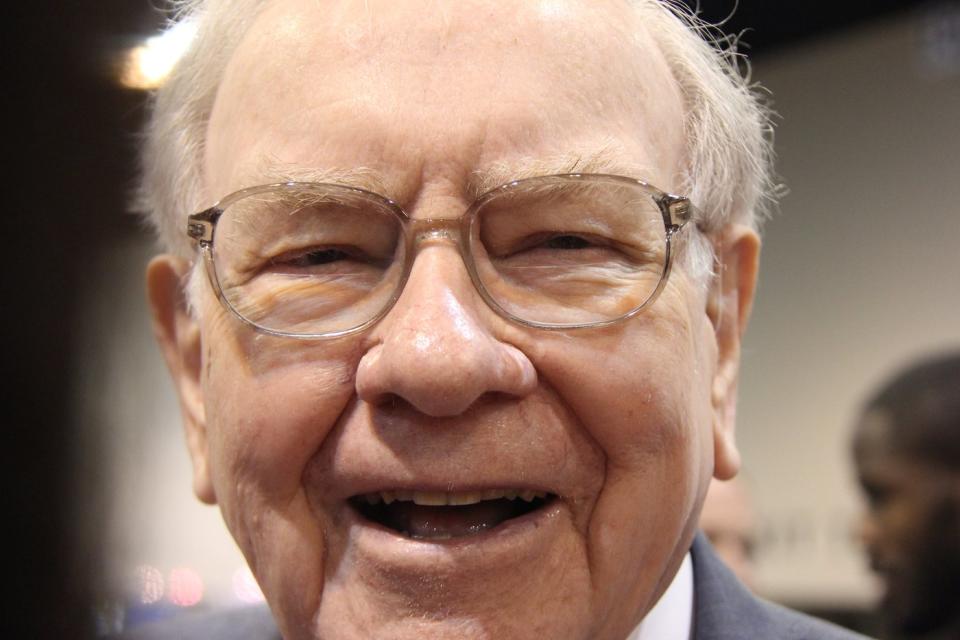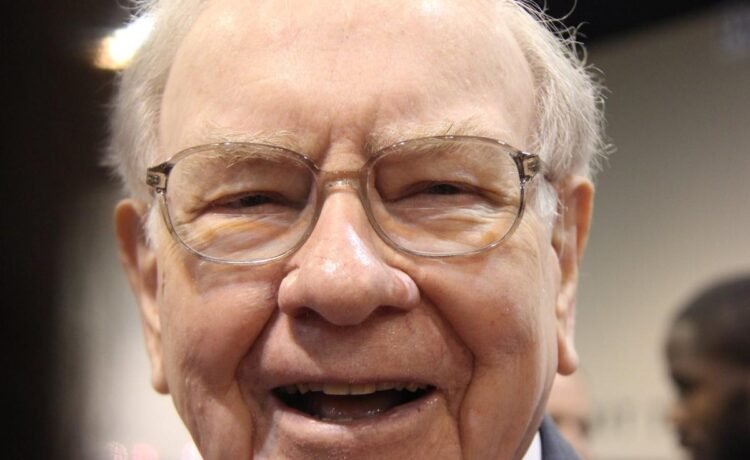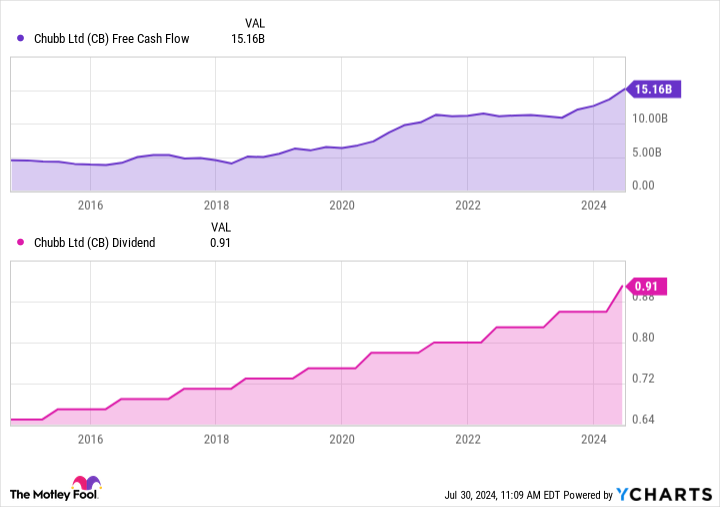Since becoming CEO at Berkshire Hathaway (NYSE: BRK.A)(NYSE: BRK.B) in 1965, Warren Buffett has delivered 19.8% compound annual returns to investors, or enough to turn a $100 investment into $4.4 million today. Buffett’s extended track record of success is one reason investors eagerly await the release of Berkshire’s quarterly report showing the stocks the conglomerate bought and sold during the quarter.
Over the past three quarters, Berkshire Hathaway has bought shares of Chubb (NYSE: CB) stock hand over fist and kept its buying confidential for two quarters. Berkshire owns 26 million shares of the insurer as of March 31, worth roughly $7.2 billion today. Here’s why Chubb is a smart buy for investors today.


Why Buffett is drawn to insurance investments
Buffett loves the insurance industry, going back to his days as a student at Columbia Business School. At the time, Buffett learned under Benjamin Graham, who invested in GEICO in 1948. It was one of the best-performing assets during Graham’s career.
When Buffett acquired Berkshire Hathaway in 1965, it was a failing textile company that was barely staying afloat. In 1967, Berkshire acquired the insurer National Indemnity, which Buffett credits as a turning point in Berkshire Hathaway’s history.
Insurance companies’ cash flows make them appealing investments, which is why Buffett continues to invest heavily in them. A few years ago, Berkshire Hathaway acquired Alleghany for $11.6 billion, adding to its list of insurance companies owned by Berkshire Hathaway, including GEICO, National Indemnity, Berkshire Hathaway Primary Group, and Berkshire Hathaway Reinsurance Group.
Chubb is one of the largest and best at managing risk
Chubb is one of the world’s largest property and casualty insurance companies and underwrites various policies, including personal automotive, homeowners, accident and health, agriculture, and reinsurance.
The company has an excellent risk management history, which you can observe by its combined ratio. This essential insurance metric is the sum of claims costs (how much an insurance company pays out on a policy) and expenses (like employee compensation or fixed overhead) divided by the premiums the company collects.
Over the past two decades, Chubb’s average combined ratio was 90.8%, well below the industry average of 100%. This matters because it translates into free cash flow, which the company uses to pay dividends, buy back shares, or invest in things like bonds and stocks. Chubb’s solid growth is why it has raised its dividend payout for 31 consecutive years.
Another benefit of investing in insurance is the timing of cash flows. Insurers collect premiums upfront and pay out claims down the road. In the time between, the company can invest this money, known as “float,” usually in short-term Treasury bills. As policies expire, companies keep their profits and can build an extensive investment portfolio over time.
Chubb has a $113 billion investment portfolio primarily invested in fixed-income securities. Last year, it earned $4.9 billion in investment income, up 32% year over year, and its yield on average invested assets improved from 3.4% to 4.2% as it benefited from rising interest rates. Through the first six months of 2024, Chubb’s net investment income has increased another 27% from last year.
Chubb is well positioned
The Federal Reserve is projected to cut interest rates sometime this year and into next, which could negatively impact Chubb’s investment portfolio in the short term. However, some longtime market participants think interest rates could stay elevated.
For example, Howard Marks of Oaktree Capital Management has described a “sea change,” saying, “For various reasons, the Fed is not going to go back to the ultra-low interest rates over the last 13 years” in a 2023 interview on the Motley Fool Money podcast. If that’s the case, insurers like Chubb will benefit by earning more interest income than was possible in the decade and a half prior.
JPMorgan Chase CEO Jamie Dimon also cautioned that “there are still multiple inflationary forces in front of us” due to fiscal deficits, rising interest rates, and stubbornly high inflation. Chubb is already a solid company to own, and if inflationary pressures persist, it has the pricing power to adapt to rising costs, giving it stellar potential for the next decade and beyond.
Should you invest $1,000 in Chubb right now?
Before you buy stock in Chubb, consider this:
The Motley Fool Stock Advisor analyst team just identified what they believe are the 10 best stocks for investors to buy now… and Chubb wasn’t one of them. The 10 stocks that made the cut could produce monster returns in the coming years.
Consider when Nvidia made this list on April 15, 2005… if you invested $1,000 at the time of our recommendation, you’d have $657,306!*
Stock Advisor provides investors with an easy-to-follow blueprint for success, including guidance on building a portfolio, regular updates from analysts, and two new stock picks each month. The Stock Advisor service has more than quadrupled the return of S&P 500 since 2002*.
*Stock Advisor returns as of July 29, 2024
JPMorgan Chase is an advertising partner of The Ascent, a Motley Fool company. Courtney Carlsen has no position in any of the stocks mentioned. The Motley Fool has positions in and recommends Berkshire Hathaway and JPMorgan Chase. The Motley Fool has a disclosure policy.
Berkshire Hathaway Added 26 Million Shares of This Stock in the Past 3 Quarters: Here’s Why It’s a Smart Buy Today was originally published by The Motley Fool
















